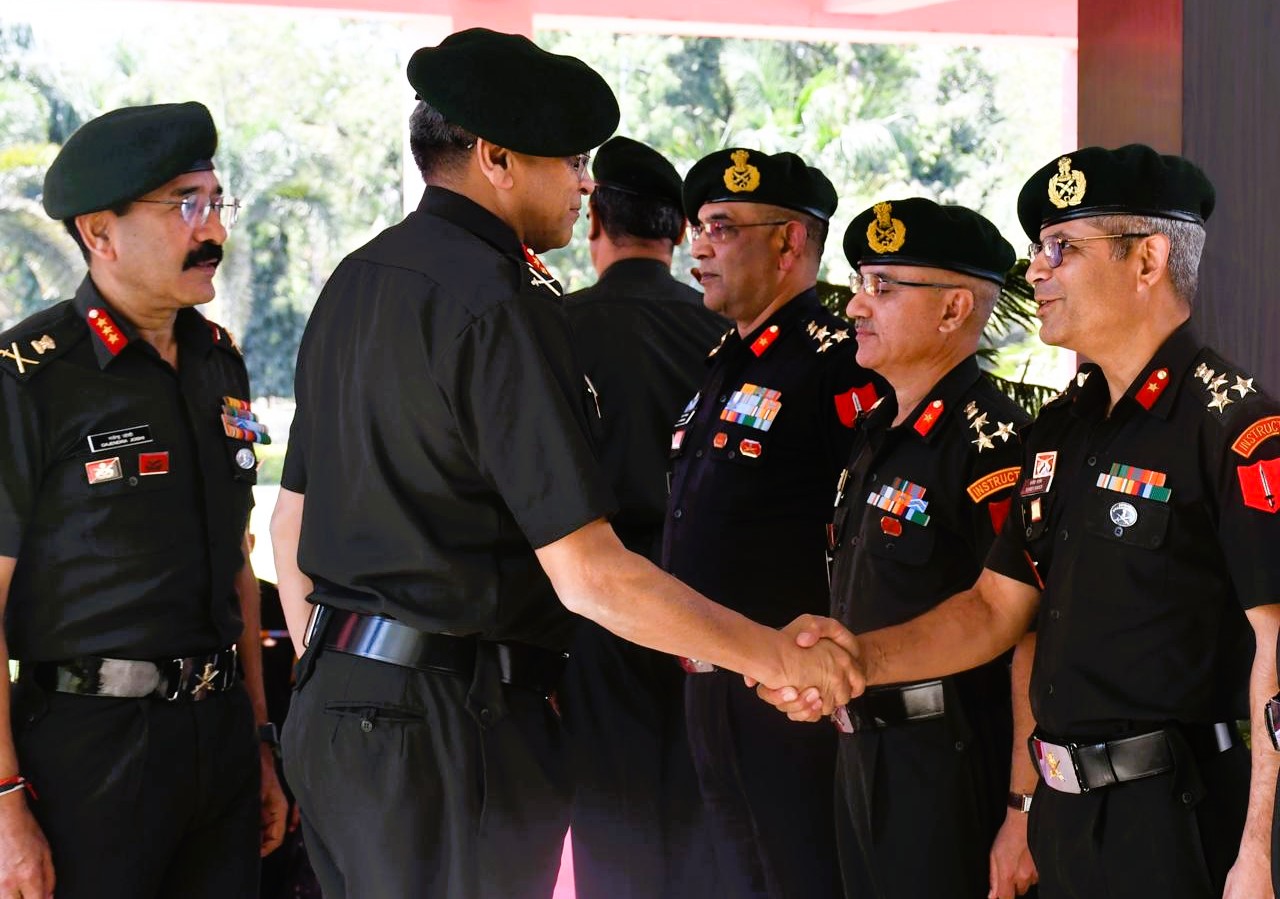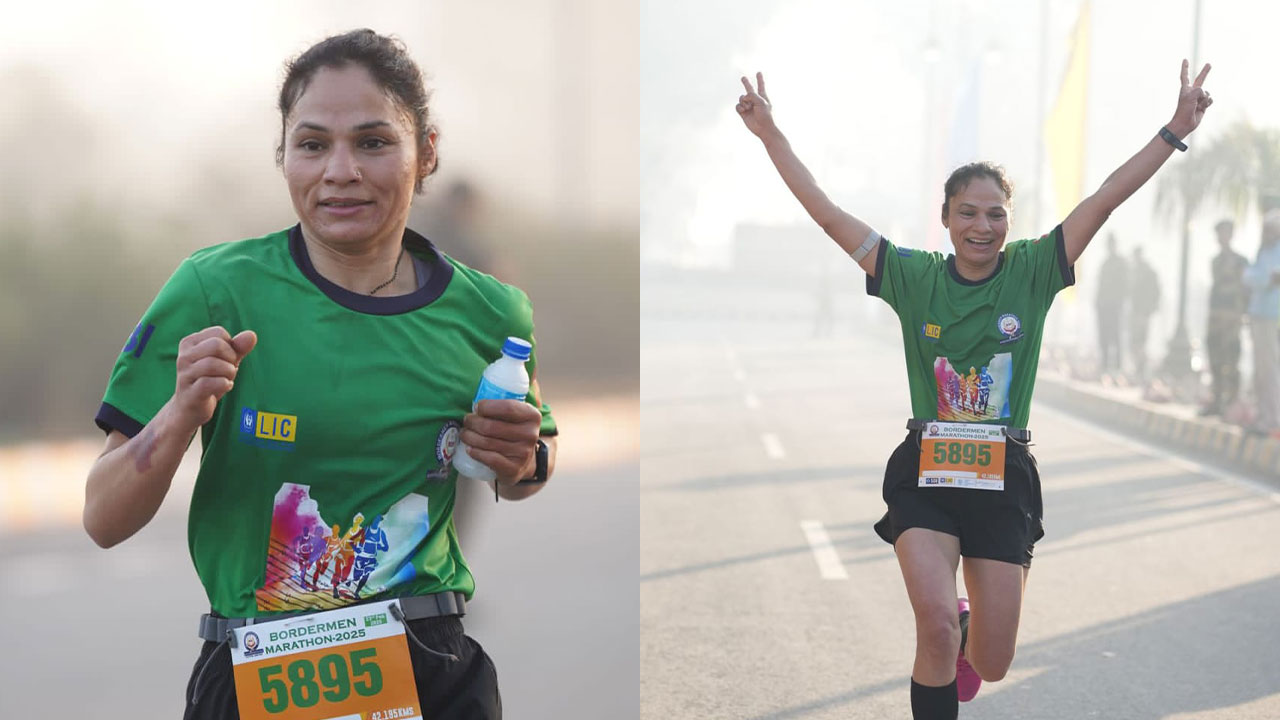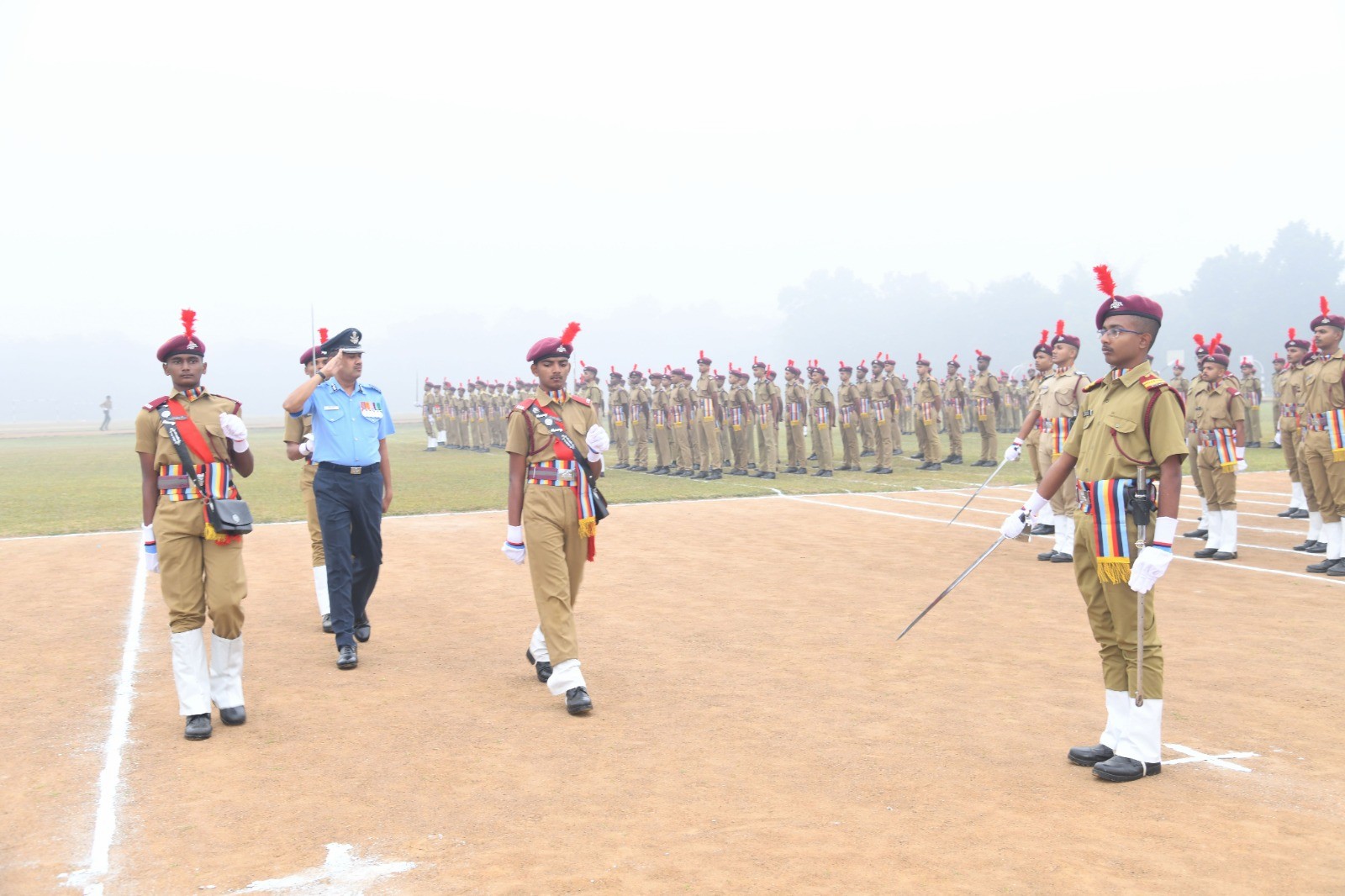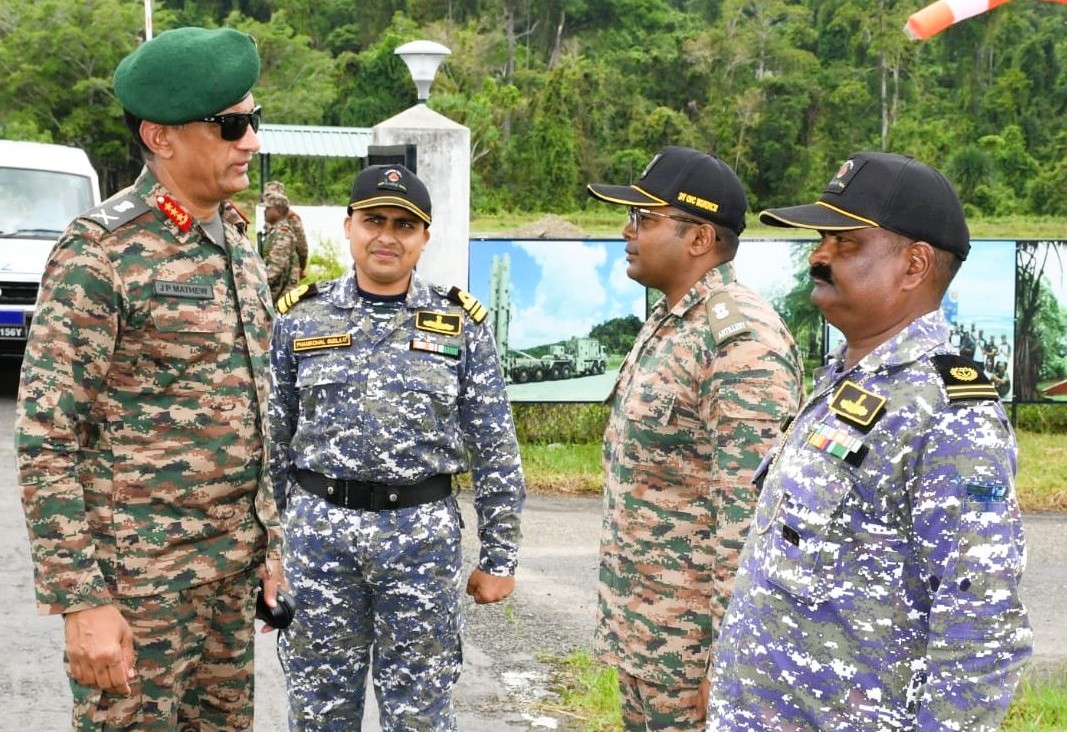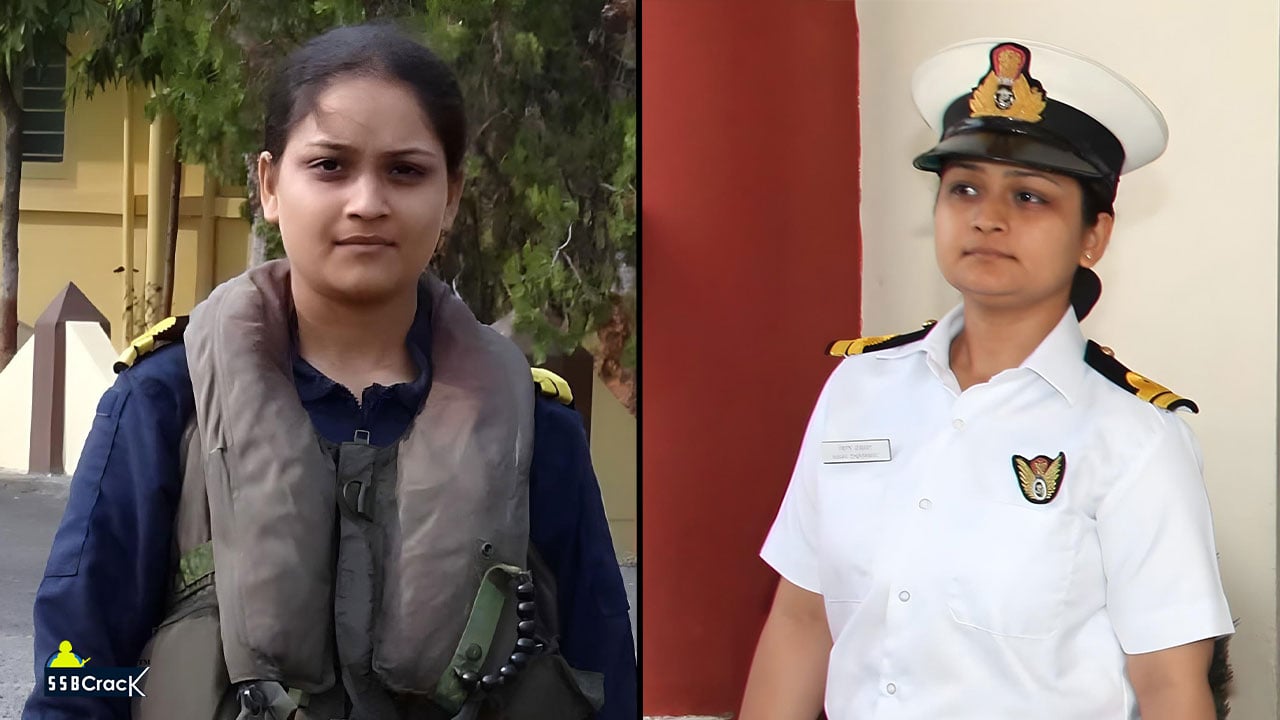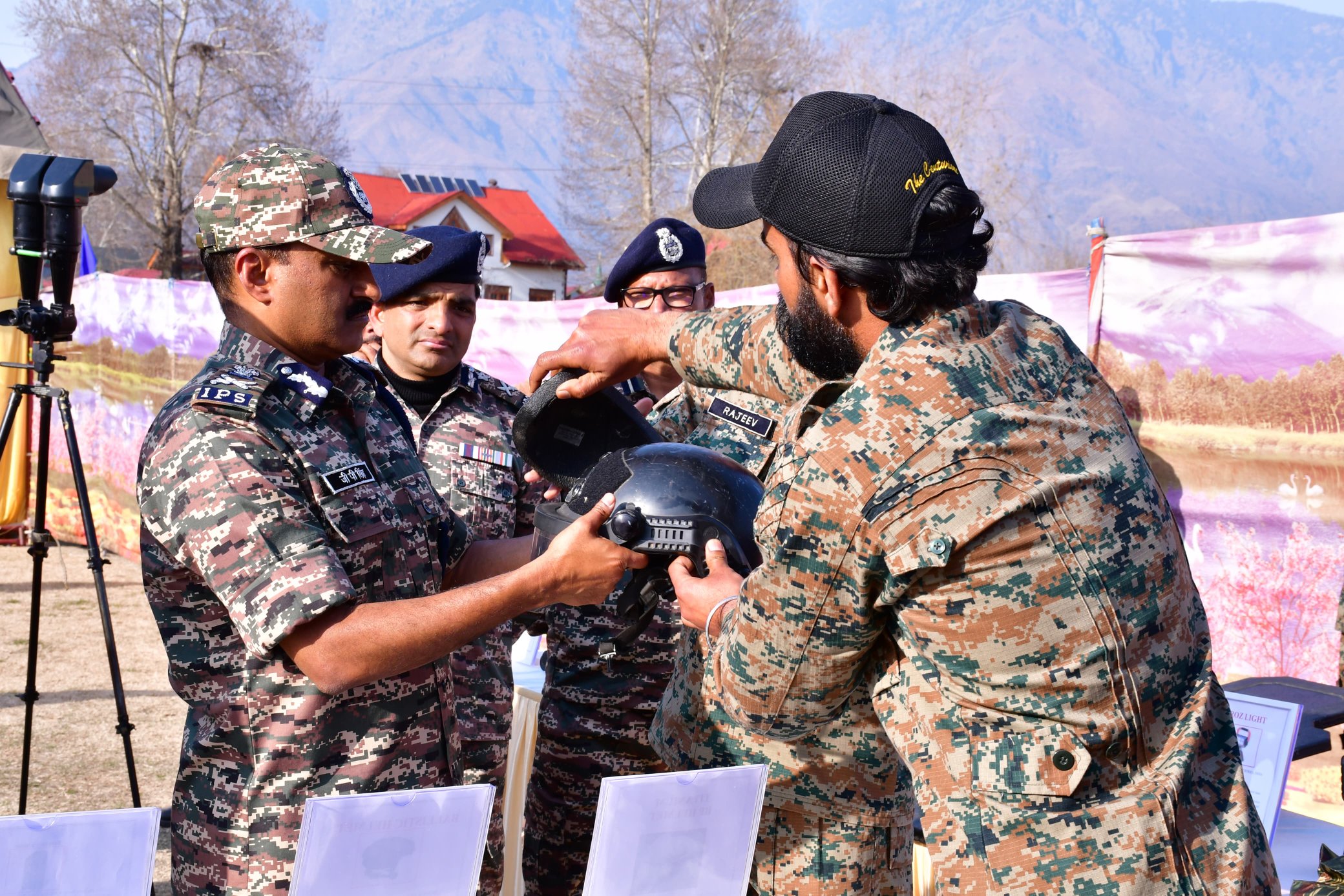Lt Gen Anindya Sengupta Visits Infantry School Mhow
Lieutenant General Anindya Sengupta, General Officer Commanding-in-Chief, Central Command, visited the Infantry School, Mhow, to assess its training, operational, and…
Major Shashi Mehta Wins Silver Medal at Bordermen BSF Marathon 2025
Major Shashi Mehta of Uttarakhand Directorate secured the Silver Medal at the Bordermen BSF Marathon 2025, an event that tested…
8 Cadets of Sainik School Korukonda Clear NDA SSB Interview
Sainik School Korukonda has once again demonstrated its excellence in grooming future military leaders, achieving the highest number of selections…
Lt Gen JP Mathew Visits Indira Point
Lt Gen JP Mathew, the Chief of Integrated Defence Staff (CISC), recently visited Indira Point, the southernmost tip of India,…
Story Of Lieutenant Kiran Shekhawat, First Woman Officer To Die In The Line Of Duty
Lieutenant Kiran Shekhawat's story is one of bravery, dedication, and sacrifice. As the first female officer of the Indian Navy…
CRPF Valley QAT Showcases Cutting-Edge Capabilities During DG’s Kashmir Visit
Director General of the Central Reserve Police Force (CRPF), GP Singh, commenced a significant tour of Kashmir on Monday, focusing…

